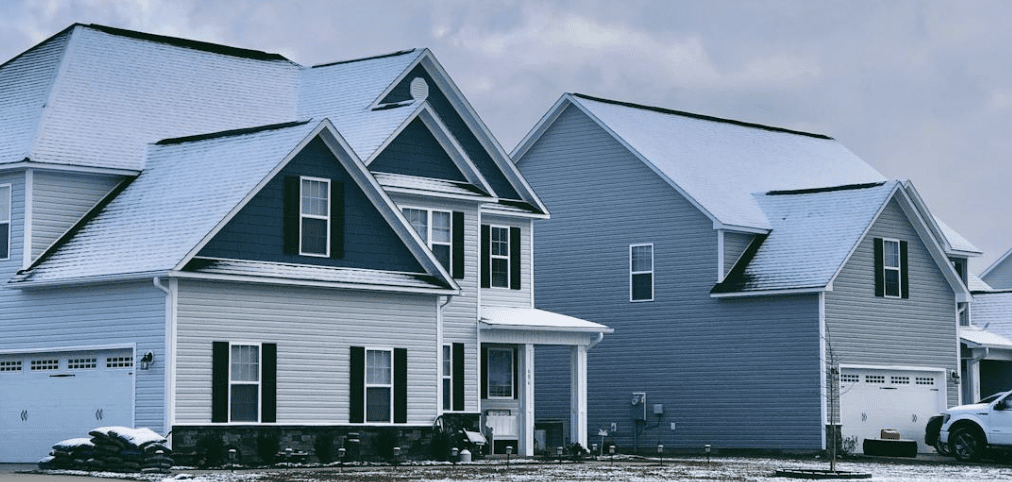A Complete Guide to Buying a Second Home
A Complete Guide to Buying a Second Home
Blog Article
Tips to Make Buying a Second Home Easier
Buying a second house has become a common financial and lifestyle choice for many. Whether you're contemplating a holiday escape or perhaps a buying a second home and renting out the first, buying an additional home comes using its own set of challenges and considerations. Under, we break down vital facets to weigh before causeing the substantial investment.

1. Understand the Economic Commitment
Having a 2nd house indicates doubling through to costs such as mortgage obligations, house taxes, maintenance, and insurance. Based on the National Association of Realtors, 72% of second-home consumers fund their obtain with a mortgage. What this means is you'll need to budget for a second pair of ongoing costs. Additionally, lenders often require bigger down obligations (commonly 20-30%) and cost higher interest rates for next mortgages to mitigate risk.
It's also advisable to element in concealed costs like preservation and fixes, that may normal 1-4% of the property's price annually, with respect to the location and age of the home. If the second home is located in a high-demand holiday place, opting for house administration services could further improve costs but additionally simplify hiring out your property.
2. Look at the Area Logically
The location of your second home may significantly impact their long-term price and utility. Critical facets to think about include local real-estate market developments and house understanding rates. Zillow Study reveals that properties in coastal places have a tendency to recognize by an average of 4.1% annually, larger compared to the national development of 3.8%. However, periodic changes, proximity to amenities, and supply will also play crucial roles in your decision.
If you're purchasing the home as a secondary home, evaluate how frequently you'll really visit, particularly when vacation can become annoying or costly. Meanwhile, if you're purchasing a hire property, study vacancy rates and rental need in the area. For example, Airbnb data highlights that homes in metropolitan locations have decrease vacancy rates than rural vacation rentals.
3. Duty Implications Can't Be Dismissed
Purchasing another house presents more technical tax scenarios. Another home classified as your own home indicates you can still deduct mortgage fascination and house fees within IRS-defined limits. Nevertheless, renting it out for more than 14 times a year adjustments it into an expense property, requiring you to pay taxes on hire money while enabling functional cost write-offs. Consulting a tax advisor to ensure optimum filing is a must when you close the deal.
4. Arrange for the Long-Term

While investing in a next house presents you options for hire money and personal enjoyment, contemplate their broader function in aligning along with your financial goals. Analyze if it would have been a sustainable decision over time. Could it be a pension retire? An income-generating house? Or both? Having clarity on these targets may allow you to make knowledgeable choices regarding their consumption and profitability.
By carefully assessing your financial place, market trends, and long-term wants, you are able to mitigate dangers and improve the benefits of having a second home. Make an effort to research, consult professionals, and guarantee you produce a really noise investment. Report this page